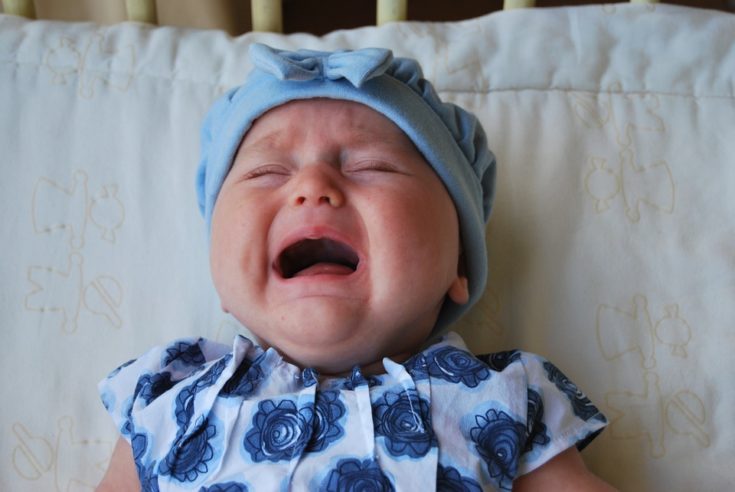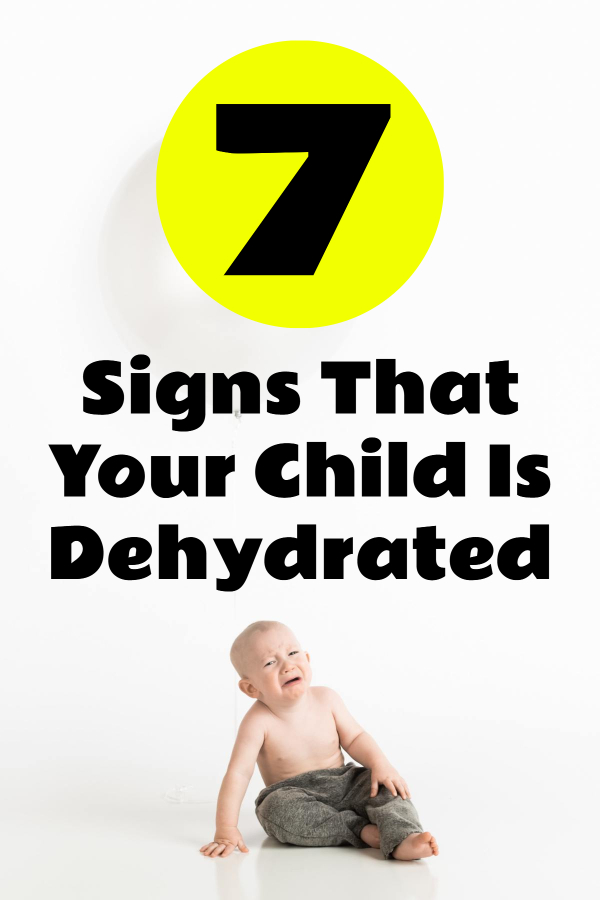Disclosure: This post may contain affiliate links, meaning we get a commission if you decide to make a purchase through our links, at no cost to you. Please read our disclosure for more info.
Are you one of the moms who feel like all your child do is rest, eat and convey messy diapers? Well, the good news is: things are precisely as they ought to be. An infant’s body stores fewer liquids as compared to grown-ups. Given their inefficiency to store an abundant quantity of liquids, their tiny little digestion system has a lot to do. However, if your baby’s dried out and is not messing up as many diapers with pee or poop, it surely implies that he/she is not having as much liquid as required by their body. This is an early indicator that your baby is facing dehydration. Babies and kids are more inclined to getting dehydrated than grown-ups. Drying out can be mellow and effectively revised, moderate, or serious and life threatening.
Signs of dehydration
- Less than six wet diapers in 24 hours or diapers that stay dry for a few hours
- Pee that looks darker and smells more concentrated than normal.
- Rapid breathing.
- Fussiness and if your child is particularly weary
- Irritability
- Sunken eyes.
- No tears while crying
If your child exhibits any of the following symptoms then without any delay you should rush him to your pediatrician or to your nearest pediatric urgent care.
In This Post:
Things that can lead up to dehydration and how to tackle the situation in hand
Fever
Fever is a stand out amongst the most widely recognized reasons for dehydration. At the point when your child has a fever, the baby will sweat more and water dissipates from their skin while the body tries to chill off. The infant might likewise be inhaling and exhaling quicker than usual so as to lose more liquid.Do not try to treat the fever with self- medication and call your specialist immediately so they can tell you what to do. But, before you call your child specialist try to put the baby in a cool environment which might help in bringing the fever down.
Diarrhea
If your child has an intestinal ailment, particularly intense gastroenteritis, he/she’ll lose liquid through the runs and vomiting. Try not to give them fruit juice, because it might simply aggravate the infant’s condition. It’s suggested that you don’t use over-the-counter diarrhea medicines for children under the age of 4 unless their specialist prescribes it. So, opting for self-medication in cases like diarrhea and dehydration can only increase the risk.If the infant’s condition gets a little serious then they might need intravenous fluids (IV) which are received in a hospital. If your kid can chew solids, then introduce them to solid foods like strained bananas, and rice cereal until diarrhea stops. Moms who are breastfeeding may need to change their own diet and routine, leaving any foods that could trigger diarrhea in their child, like cutting down on the caffeine, and gas inducing veggies such as cabbage and broccoli.
Vomiting
Infections and intestinal diseases can prompt puking. If your kid is experiencing difficulty holding fluids down, he/she has to be dried out. Take a stab, at giving them little amounts of liquid, basically, breast milk. Even when they’re throwing up it can be helpful because in between all that puking your baby is likely to absorb a minimal amount of fluids which can benefit them. So don’t stop because the baby is vomiting.Electrolyte fluids are useful for infants 3 months or older, who have been constantly throwing up. Begin by giving them moderately, continuous sips when their tummy settles down – around 1 teaspoon at regular intervals for two or three hours. At that point, if all goes well, you can build the sum to 2 teaspoons.
Over heating
Give your child excess liquids than normal during hot climate. If your kid is really active, has been moving a lot on a hot day or simply sitting in a stuffy, hot room, it can prompt sweating and loss of substantial amounts of fluid from the body. Dress them up in clothes that aren’t thick and allow air to pass through. If your child is already de-hydrated immediately put him/her under an air conditioned environment for a few minutes until they are not warm anymore.
How to prevent dehydration
- Ensure your child is drinking a lot of liquids; particularly, on extremely hot days and when ill.
- Keep on breastfeeding or bottle-encourage the baby. If they’re 6 months or older, you can supplement with a little water – around 4 ounces for each day until they start eating solids.
- If your child is younger than 6 months and you’re worried about the lack of hydration, talk to their pediatrician about giving them little measures of water.
- Try not to give your infant, carbonated, soft drinks, as they’re horrible for their teeth and wellbeing.
- If your child is consuming juices don’t increase the quantity of juice, your little one drink, in a day. However, you may try diluting it with water, so that it’s easier for them to digest. For instance, if your baby is drinking 3 or 4 ounces of juice, a day; you could substitute this by giving them a total of 6 or 8 ounces of fluids.
- Another practice to avoid is wrapping up your baby when putting them to sleep. You may think you’re sheltering them from the cold and it’s going to keep them warm but it’s only going to aid in the dehydration process.
- Also, keep them away from the scorching sun, whenever possible. Kids tend to get dried up way easily and when exposed to the sun; it can have various harmful impacts on their tiny bodies – dehydration being one of them.
- Keep them in cold temperatures so their body temperatures don’t rise.
- Keep them in the shade when you head outdoors.

